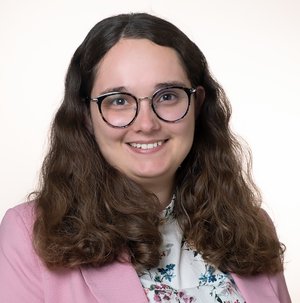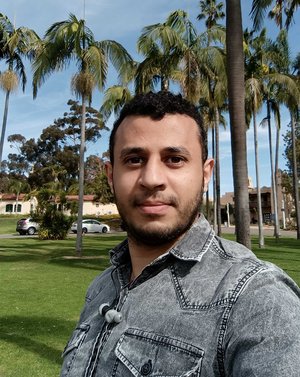Background
Periconceptional growth and development of the embryo and fetus influence health later in life of the offspring. The growth and developmental process of the embryo and fetus are monitored using (three-dimensional) ultrasonography. Ultrasonography is non-invasive, safe, has low costs compared to other image modalities, and offers real-time visulization. However, growth and development are monitored using manual (two-dimensional) measurements and visual inspection of standard planes. Visual inspection and manual measurements are time-consuming and prone to human errors. To reduce time and human errors, we are working on developing novel methods for automated analysis of prenatal ultrasonography. We focus on modeling embryonic, fetal, and placenta development to detect impaired growth trajectories and congenital anomalies and gain insight into the influence of lifestyle behavior and maternal and paternal conditions.
Collaborators
These projects are performed in close collaboration with the Periconception Epidemiology group chaired by Prof. Régine Steegers-Theunissen of the Department of Obstetrics and Gynecology and the Department of Pediatrics of the Erasmus MC, University Medical Center in Rotterdam. Dr. Melek Rousian is principal investigator of periconception and pregnancy imaging within the Periconception Epidemiology group at the same department. Her main research field is on the impact of environmental and lifestyle factors on fetal growth and development, and construction and implementation of innovative imaging modalities in pregnancy and clinical practice.






